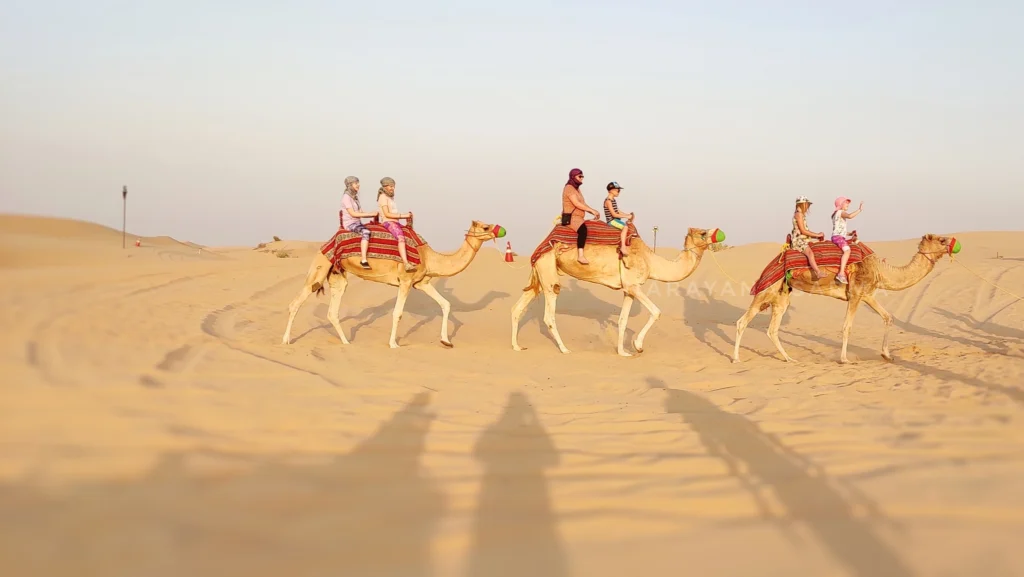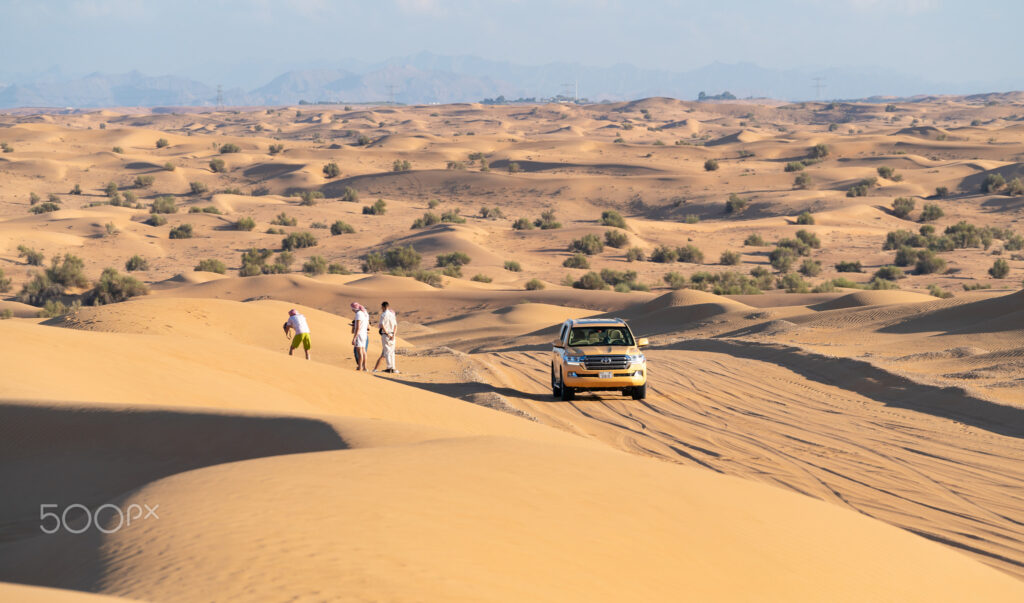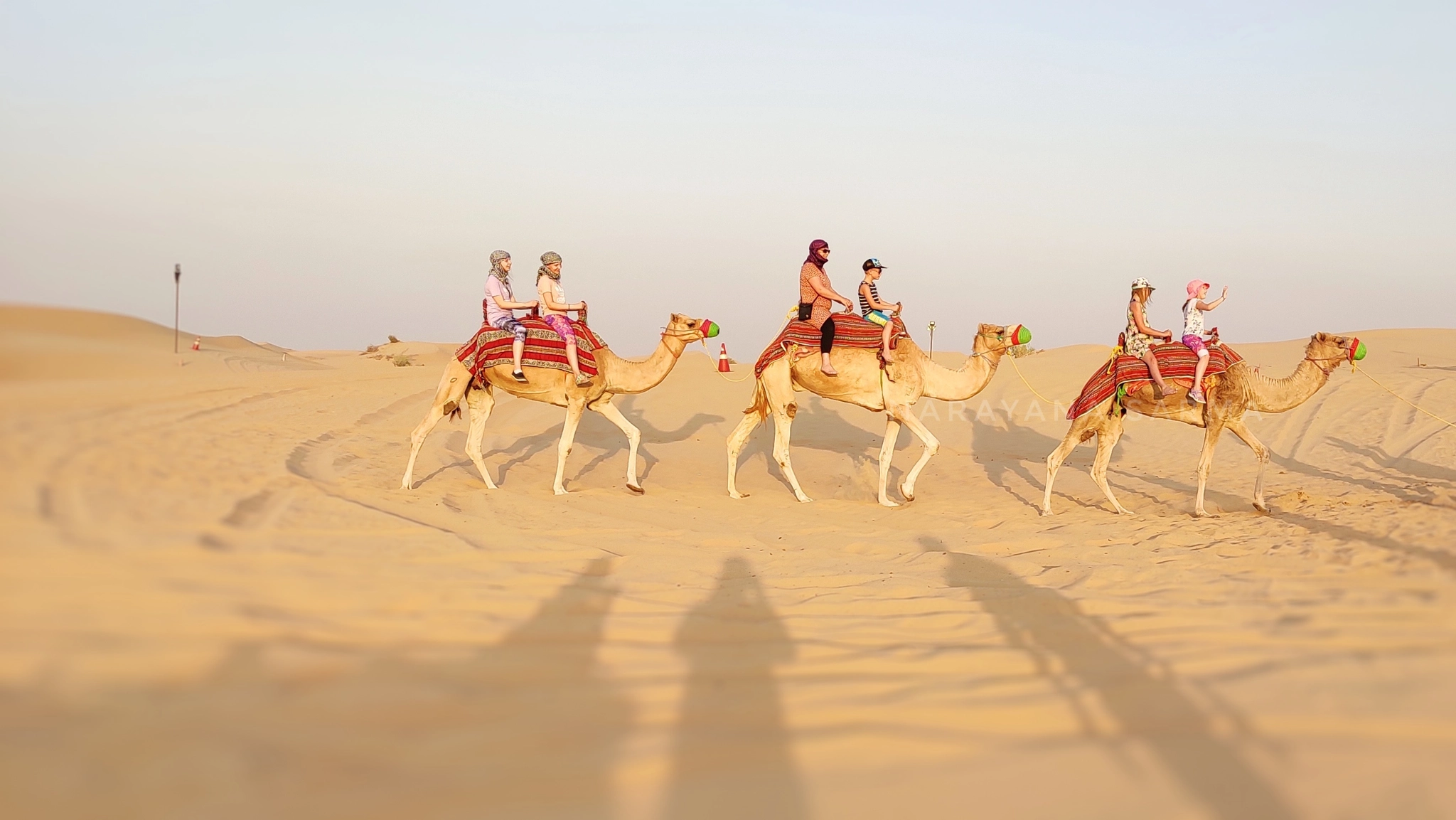When you think of a desert safari in Dubai, images of towering dunes and thrilling adventures like dune bashing often come to mind. However, beyond the adrenaline rush lies an enriching cultural journey into the heart of the Bedouin way of life, a tradition deeply rooted in the history and heritage of the Arabian Peninsula. Bedouin culture, with its unique customs, hospitality, and resilience, offers a fascinating glimpse into the life of the desert’s original inhabitants.
The Legacy of the Bedouins desert safari in Dubai
The term “Bedouin” comes from the Arabic word “Badawi,” meaning “desert dweller.” The Bedouins are a nomadic Arab ethnic group who have lived in the harsh deserts of the Arabian Peninsula for centuries. Their way of life is characterized by adaptability, a deep respect for nature, and a strong sense of community. Despite the rapid modernization of the UAE, Bedouin traditions remain a cornerstone of Emirati culture, and desert safaris in Dubai have become a key avenue for sharing these customs with the world.

Key Bedouin Traditions You’ll Experience on a Desert Safari in Dubai
Bedouin Hospitality: The Art of Welcoming Guests
Hospitality is a cornerstone of Bedouin culture, often referred to as “Arab hospitality”. Visitors on desert safaris in Dubai are welcomed with open arms, typically offered dates and Arabic coffee (known as “Gahwa”). These simple yet symbolic gestures represent respect and generosity. Traditional Bedouin camps often invite guests to sit in majlis-style seating, a communal space adorned with cushions and carpets where stories, meals, and music are shared.
Traditional Cuisine: A Taste of the Desert safari in Dubai
A Bedouin-inspired desert safari service Dubai often includes a feast of authentic Emirati dishes. Common offerings include machboos (spiced rice with meat), harees (wheat and meat porridge), and freshly baked khubz (bread). Guests may also enjoy traditional barbecue under the stars, cooked in the sand or over open flames, giving them a taste of how Bedouins have prepared their food for generations.
Camel Culture: The Desert’s Lifeline
Camels, often called the “ships of the Dubai desert safari dunes have been integral to Bedouin survival, providing transportation, milk, and meat. On a safari, visitors can participate in camel treks, gaining insight into the deep connection between Bedouins and these resilient animals. Additionally, traditional camel racing and beauty contests (where camels are judged on their appearance) are sometimes showcased as part of cultural experiences.
Falconry: The Ancient Art of Hunting
Falconry, a practice dating back thousands of years, is another significant aspect of Bedouin culture. Originally used for hunting, falconry is now recognized as a UNESCO Intangible Cultural Heritage. During desert safaris, visitors often witness falconry demonstrations, where skilled handlers showcase the bond between falcon and falconer, demonstrating precision and trust in a time-honored tradition.
Traditional Performances and Storytelling
Bedouin Music and Dance
Music and dance are central to Bedouin celebrations. Common performances include the Al-Ayyala, a traditional dance where men line up in rows, accompanied by drums and rhythmic chanting. Another highlight is the Al-Razfa, a sword dance performed to the beat of traditional instruments. These performances provide an engaging glimpse into Bedouin social and celebratory customs.
Oral Storytelling and Poetry
Bedouins have a rich oral tradition of storytelling and poetry, passed down through generations. Stories often revolve around historical events, tribal heroes, or life lessons. Poets known as Sha’irs recite poetry that captures the spirit of the desert, resonating with themes of love, courage, and survival. Desert safaris that include storytelling sessions allow guests to experience this unique art form firsthand.

The Role of Bedouin Values in Modern Emirati Society
While Dubai is a modern metropolis, the UAE’s leadership emphasizes the importance of preserving Bedouin values like honor, loyalty, and community. Desert safaris offer a bridge between the past and present, allowing visitors to appreciate how these values continue to influence contemporary Emirati culture. Government initiatives have also focused on promoting Bedouin heritage through tourism and education, ensuring its legacy endures.
How to Choose an Authentic Bedouin Experience
To fully immerse yourself in Bedouin culture, it’s essential to select a desert safari that prioritizes authenticity. Look for tours that offer:
Cultural immersion activities like camel riding, falconry, and traditional dining.
Eco-friendly camps that replicate Bedouin tents and adhere to sustainable practices.
Knowledgeable guides who provide insights into Bedouin history and customs.
Many premium safari operators collaborate with local Bedouin communities, ensuring an authentic and respectful representation of their culture.
Conclusion
Exploring Bedouin traditions during a desert safari goes beyond a simple adventure—it’s a journey into the heart of the UAE’s cultural heritage. From the warmth of Bedouin hospitality to the timeless art of falconry and poetry, these experiences enrich visitors’ understanding of life in the desert. By engaging with these customs, travelers not only gain a deeper appreciation for the Bedouin way of life but also leave with lasting memories of Dubai’s rich and enduring cultural legacy. check our customer feedback.











